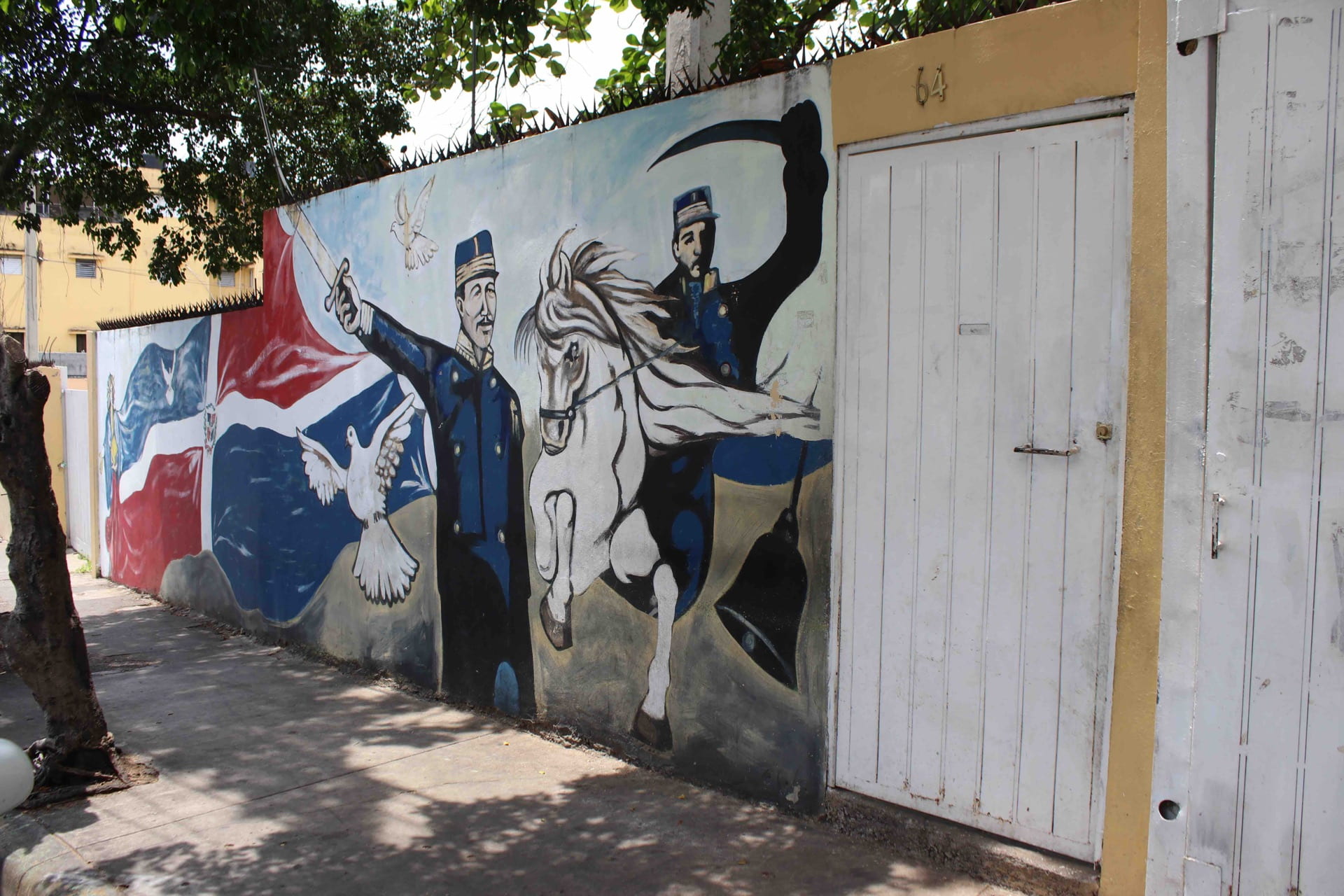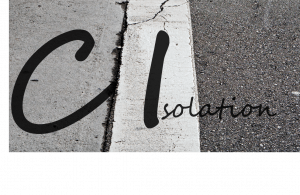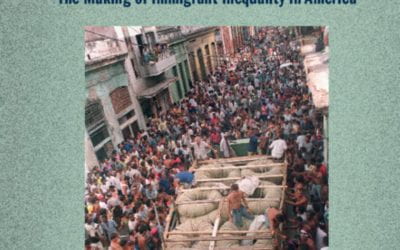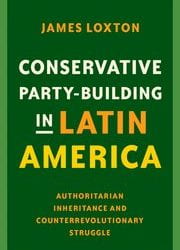Covid-19 and Private Education in the Dominican Republic

Closed windows and lonely sports facilities at mid-morning in Liceo Socorro Sánchez, Santo Domingo Este.
I ended up in a lunch with the Minister of Education. Does it get better than that? If you’re a Dominican middle-class parent in 2021, it doesn’t. The Minister is for sure the one person you want to talk with. If on top of that you are joined by a bunch of co-workers, most of them seasoned journalists, you are in parents’ heaven.
As a mother of three and a working lawyer, I thought that a good face-to-face conversation with Minister Roberto Furcal was going to convince him, at least in part, about the very bumpy road that we are living with the full closure of our schools.
But after my long exposition of hurdles and arguments, one of his answers shocked me profoundly. “I know that what all you parents are trying to do is to get your freedom back,” he said with a smirk on his face.

A mural of the Dominican founding fathers Duarte, Sánchez and Mella peels off from the walls of the closed facilities of Liceo Socorro Sánchez, Santo Domingo Este.
Of course, what came next was a long reaction on my part to explain – again – the troubling reality that derives from schools being shut down. I as a parent stand firmly in my conviction that our schools must open right now. Yet, the lunch ended without him budging.
With the implicit indulgence from our Ministry – hopefully –, I will continue to explain the interminable list of reasons to re-open our schools, a list that keeps growing with every additional day that passes with our classrooms closed.
What “all we parents” are trying to do is to get our education system back. We all agree that the Aprendemos en Casa program was the best early answer to the pandemic. But the fact that we already reached a whole year with our schools closed is starting to take a big toll on students and is pushing parents to organize under the #AbranLasAulas movement.
Our country is already dealing with the dramatically low results in the Program for International Student Assessment (PISA) made by the Organisation for Economic Development and Cooperation (OCDE). The failure of our public education system is at the heart of that result.
Despite providing education with a budget equivalent to 4% of our GDP for the last eight years, our country stays in the bottom of Programme for International Student Assessment
(PISA) scores. We were last among 72 countries in 2015, and we ranked 78 out of 79 countries in 2018. That year, we were also last in mathematics and we decreased 16 points in comprehensive reading.
From there, it’s hard to go any lower in PISA, but it is always possible for our education system to get worse. In fact, according to a recent survey published by EDUCA – the most important education NGO in the Dominican Republic –, 51.04% of all parents understand that their children are learning less in the different formats of distance education imposed by the pandemic.

The preschool area of Centro Educativo República de Brasil in Distrito Nacional have been completely empty for over a year.
Moreover, 4.66% believe that their children are not learning at all. With three million children in our education system, that percentage represents almost 140,000 students. The study also shows that at least 20,000 students have simply left school.
But allow me to also base my judgment on my own experience as a mother of three kids. My own day-to-day experimentation during these past 12 months has provided me with first-hand evidence about the difficulties of improvising a distance education program for students in preschool.
My 7-year-old girl is quiet enough and has made – along with us – a huge effort to adapt to her online classes. But my 5-years-old twins—a boy and a girl— have certainly given their teachers quite a few challenges.
Let’s just leave it to the fact that my little boy – who is completely obsessed with superheroes – spends his entire online sessions talking about super powers and battles, while his teachers secretly keep his microphone muted for the sake of the class.
Or to the fact that my little girl – who is an auto-proclaimed princess in her own fantastic world – is convinced that her Zoom sessions are more useful as a beauty mirror than as a classroom.
As every mother, I wish their teachers could reach across the screen and see them for who they are: smart, funny, curious, precocious five-years-old kids who had never used a tablet or cellphone before all of this happened. And now they are YouTube experts trying to learn through a screen.
There, surrounded by technology, action figures and glitter, our children are stuck in their development and learning path, more due to the comfort of authorities than to a real health concern.
Our homes have become live experiments of one of the most conservative takes of pandemic education in the entire world. We closed every school almost a year ago, and our system hasn’t relaunched ever since. According to UNESCO, as of today, only 26 countries in the planet keep doing so, most of them in the developing world. I would very much prefer that we err on the side of developed countries.
We parents should make a mea culpa: we let it go too far. We wanted it to work. We were (and still are) afraid of the virus. We didn’t want to admit that it’s too much to handle. And we didn’t have an unanimous conviction of the level of priority that our children’s education should have.
But authorities don’t have to listen to “all we parents,” who might be deeply biased by exhaustion and frustration. They should at least pay attention to the request from UNICEF. The United Nations Children´s Fund, in a recent statement its Executive Director Herietta Fore, asked governments to exert all possible efforts to give priority to re-opening plans.
The Minister of Education is right when he says that the demand of schools reopening is a matter of freedom. But let’s not confuse freedom with comfort.

A mural of a Dominican flag and the heroes of the Dominican Restauration War right next to the closed main door of Centro Educativo República de Brasil, Distrito Nacional.
Our claim is about a kind of freedom that can only be achieved by educating our children to become better citizens. A freedom that demands a better democracy which fully respects our fundamental rights.
A kind of freedom that can only be taught and learned in opened classrooms… So please, Mr. Minister, #AbranLasAulas.

Laura M. Castellanos was born and raised in Santiago, Dominican Republic. She currently lives in Santo Domingo, where she is a practicing lawyer, a political analyst and a mother of three kids. Her vocation to share her views about the Dominican realities led her to work both on broadcast and print media from a young age. She is currently pursuing a Master of Liberal Arts with concentration in Journalism at Harvard Extension.
Related Articles
A Review of Cuban Privilege: the Making of Immigrant Inequality in America by Susan Eckstein
If anyone had any doubts that Cubans were treated exceptionally well by the United States immigration and welfare authorities, relative to other immigrant groups and even relative to …
A Review of Conservative Party-Building in Latin America: Authoritarian Inheritance and Counterrevolutionary Struggle
James Loxton’s Conservative Party-Building in Latin America: Authoritarian Inheritance and Counterrevolutionary Struggle makes very important, original contributions to the study of…
Endnote – Eyes on COVID-19
Endnote A Continuing SagaIt’s not over yet. Covid (we’ll drop the -19 going forward) is still causing deaths and serious illness in Latin America and the Caribbean, as elsewhere. One out of every four Covid deaths in the world has taken place in Latin America,...





